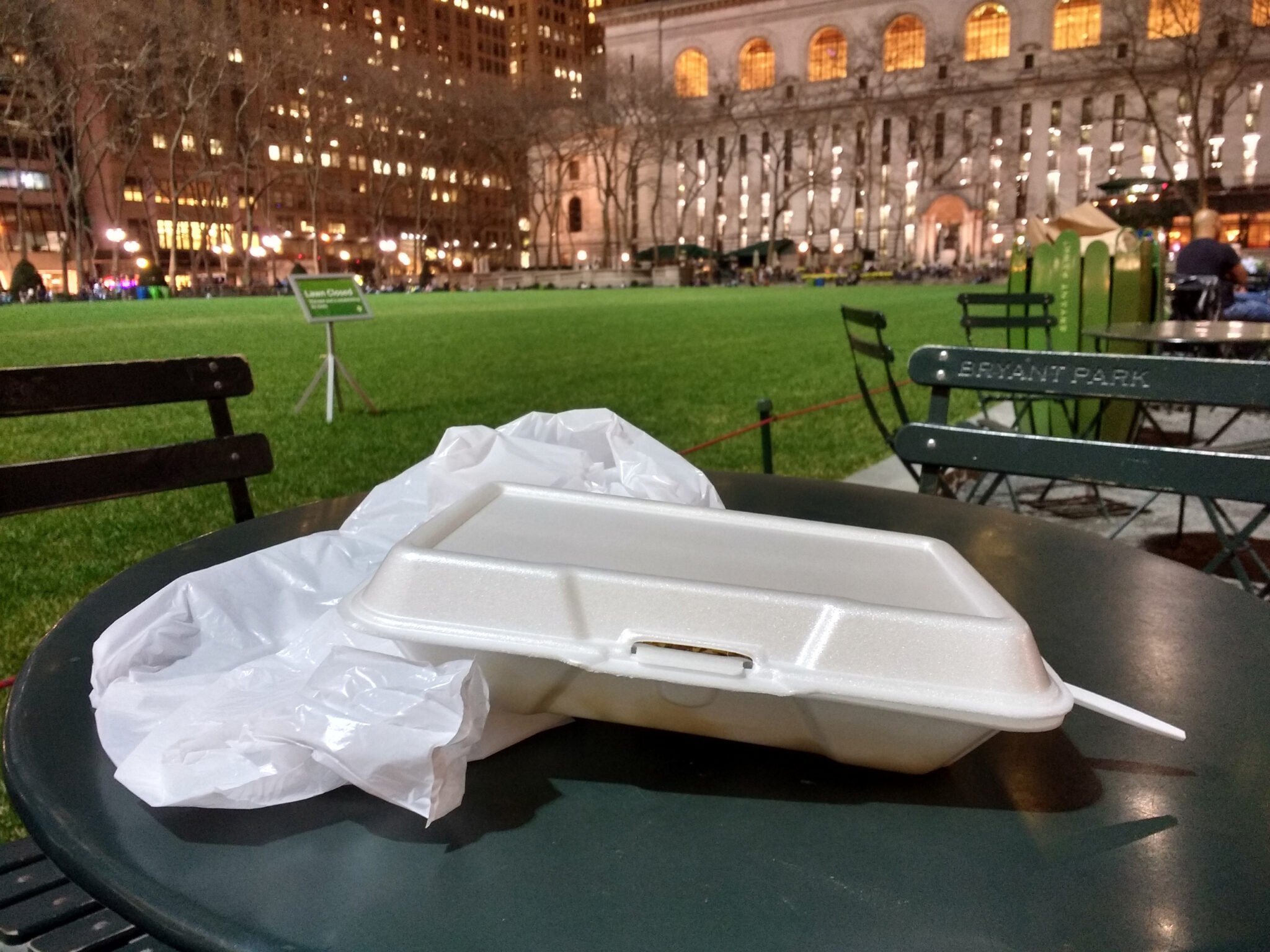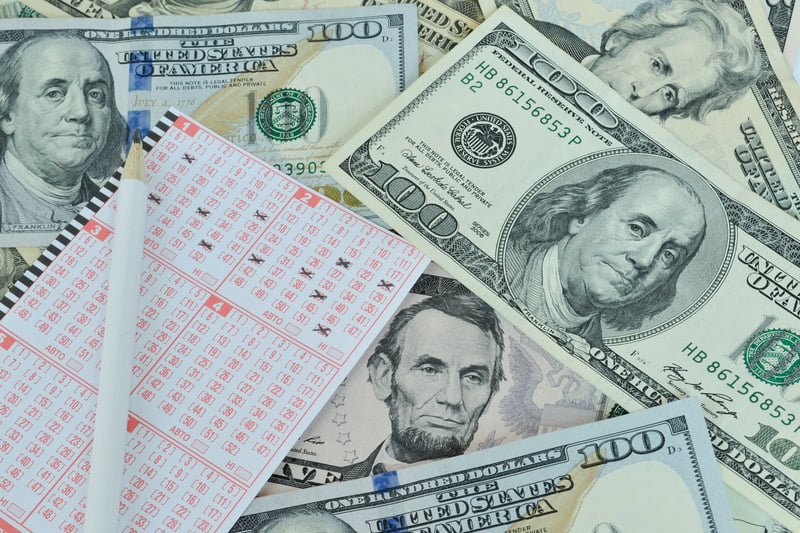TRENTON, NJ – Since its implementation on May 4, 2022, New Jersey’s “Get Past Plastic” law has been hailed by some as a bold step toward environmental protection, but for many residents and businesses, it’s a bewildering maze of rules that feels more like bureaucratic overreach than a practical solution.
The law, which bans single-use plastic bags, polystyrene foam food containers, and restricts plastic straws, has sparked widespread frustration due to its complexity, inconsistent enforcement, and questionable effectiveness. A recently uncovered document from the New Jersey Department of Environmental Protection (NJDEP) outlining the ban’s scope only adds fuel to the fire, highlighting the absurdity of a policy that seems to prioritize optics over common sense.
The NJDEP document, titled “List of Establishments and Banned Items,” details the types of businesses affected by the law and the specific items they can no longer provide.
From grocery stores to nail salons, the list is exhaustive, covering 26 categories of establishments, including “retail stores,” “food service businesses,” and even “charitable organizations operating retail.” The banned items include single-use plastic carryout bags, polystyrene foam food service products like cups and takeout containers, and plastic straws, which can only be provided upon customer request. Larger grocery stores (2,500 square feet or more) face an additional restriction: they’re prohibited from offering single-use paper bags, forcing customers to bring reusable bags or purchase them at checkout.
For the average New Jerseyan, the rules are a headache.
“I went to grab a coffee the other day, and they wouldn’t give me a straw unless I asked for one,” said a Jackson resident. “But then I went to a different café, and they handed me a straw without a word. It’s like nobody knows what’s going on.”
The straw-by-request rule, intended to reduce plastic waste, feels arbitrary to many, especially since businesses like nail salons and laundromats—hardly hotbeds of straw distribution—are also subject to the regulation. The NJDEP document confirms that even these unlikely establishments fall under the law’s umbrella, raising eyebrows about its scope.
Business owners are equally exasperated. The ban’s blanket approach doesn’t account for the diverse needs of different industries. “I run a small deli, and I can’t use foam containers anymore,” said Mike, who didn’t want to give his last name. “The alternatives are way more expensive, and customers complain when their food gets soggy in paper containers. Plus, I’m supposed to police straws? It’s ridiculous.”
The NJDEP document lists “food service businesses” broadly, lumping mom-and-pop shops in with chain restaurants, leaving small operators struggling to comply with rules that seem tailored for larger corporations.
The ban on single-use paper bags at larger grocery stores is another sore point. While the law aims to push consumers toward reusable bags, the transition has been rocky.
“I forgot my reusable bag once, and they charged me a dollar for a ‘sustainable’ one that ripped before I got to my car,” said Priya Patel, a shopper in Central Jersey. “Paper bags weren’t perfect, but at least they were recyclable. Now I’m stuck buying overpriced bags I don’t want.”
The NJDEP document offers no clarity on why paper bags were targeted, leaving many to speculate that the law prioritizes symbolic gestures over practical outcomes.
Enforcement is another sticking point. The law empowers local health departments to issue warnings for first offenses, with fines of up to $1,000 for a second offense and $5,000 for subsequent violations. Yet, reports suggest enforcement is spotty at best. A 2023 report noted that nearly 900 inspections in 2022 resulted in just 129 warnings and no fines, suggesting either widespread compliance or a lack of serious oversight.
Critics argue the ban’s environmental benefits are overstated.
A 2024 study by the Freedonia Group found that New Jersey’s shift to reusable bags—often made of non-recyclable polypropylene—has led to a near tripling of plastic consumption at checkouts and a 500% increase in greenhouse gas emissions compared to pre-ban levels. The NJDEP document sidesteps these unintended consequences, focusing instead on the law’s intent to reduce litter. While beach cleanups have shown declines in plastic bags and straws, the broader environmental impact remains murky.
The law’s defenders, including Governor Phil Murphy, insist it’s a necessary step to combat plastic pollution. “Plastic bags are one of the most problematic forms of garbage,” Murphy said at the bill’s signing in 2020.
Environmental groups like Clean Water Action celebrate the ban, estimating it has eliminated over 8 billion plastic bags annually. But for many New Jerseyans, the policy feels like a solution in search of a problem.
As New Jerseyans trudge to stores with their reusable bags, the “Get Past Plastic” law remains a lightning rod for debate. The NJDEP’s document, far from clarifying the rules, underscores the ban’s overreach, ensnaring businesses and consumers in a web of regulations that often defy logic.
Until the state addresses the confusion and inconsistency, New Jersey’s bold experiment in plastic reduction risks being remembered as a well-meaning but ridiculous misstep.


